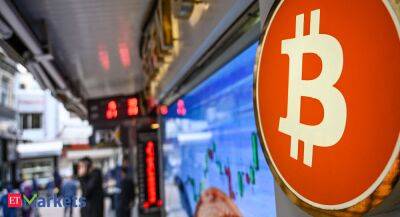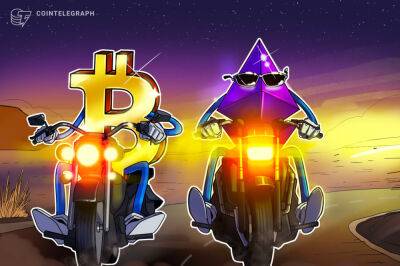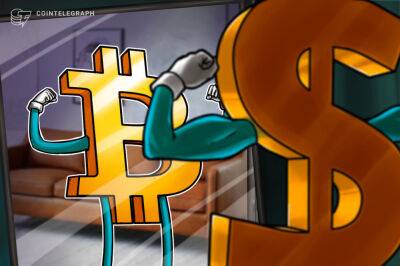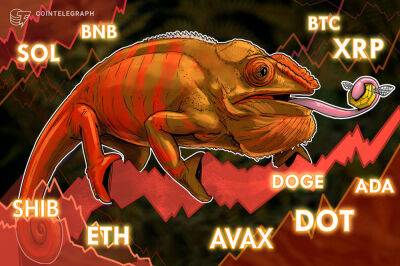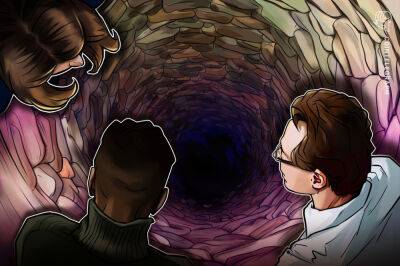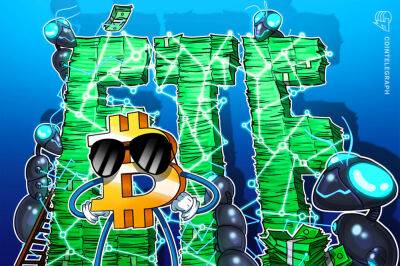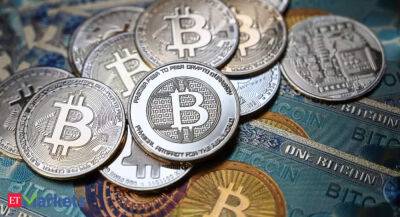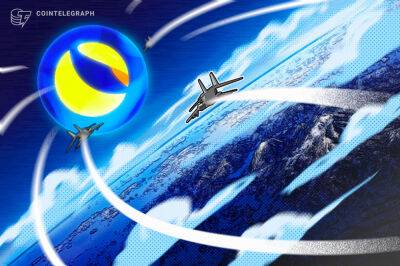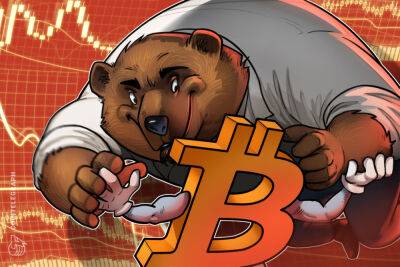How Russia and Ukraine are finding new ways to use tech in the war
One of the few welcome surprises of Putin’s invasion of Ukraine was the speed and apparent effectiveness of western governments’ imposition of conventional sanctions on his country. In short order, half of Russia’s $600bn foreign reserves held in western financial institutions was immediately frozen. The country was expelled from Swift, the vast messaging network that banks use to transfer money across the world. PayPal, Visa and Mastercard abruptly ceased to work in Russia. There was an immediate ban on technology transfers from the west. Then there was the sudden sanctioning of Putin-friendly oligarchs and those who service them in London, though Ben Elliot, the Tory co-chair and Quintessentially, the “concierge service” for the super-rich that he runs, seem to have been exempted from the strictures.
Trebles all round, then? Only up to a point: some of the successes involve measures that in other contexts are deeply toxic. Russian troops, for example, have been nabbing high-end John Deere tractors in Ukraine and shipping them back to Mother Russia. But when the lucky beneficiaries of these wondrous machines attempt to start them up, they discover that John Deere has remotely “bricked” them – ie turned them into multi-ton paperweights. Which is why many western farmers detest John Deere. Having paid a fortune for their new tractors, they find that they are not allowed to repair them themselves and any attempt to download bootleg software to diagnose malfunctions may get them into legal trouble on intellectual-property and user-agreement grounds.
Similarly, Ukraine has been using another toxic technology – facial recognition – to identify dead Russian soldiers. Forbesmagazine reported in March that Mykhailo Fedorov, vice
Read more on theguardian.com



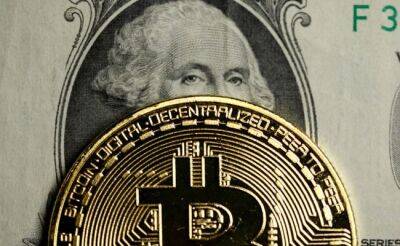
![Will The Sandbox [SAND] investors mend their ways after this market crash - ambcrypto.com - city Sandbox - city Santimenthowever - city Santimentmeanwhile](https://finance-news.co/storage/thumbs_400/img/2022/5/14/25595_nmfa.jpg)
